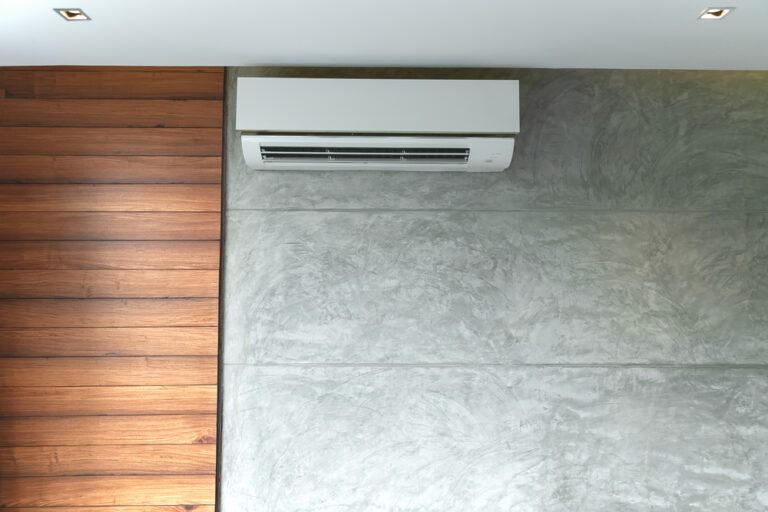Air source heat pumps work similarly to air conditioning systems but they function in a different way, as they can both heat and cool the air and they are also proficient in heating water.
There are many benefits but also weaknesses when using an air source heat pump system. The gain of having such a system in your home, are:
- it does not only heat air, but also water
- it runs on an electric scheme, so the possible danger of using a flammable fuel being utilized for heating
- as a result of several moving parts, the costs of the maintaining are very low, regardless of the way the outdoors heat exchangers are kept free from debris
- weight against a resistant heater, an air source heat pump only uses from 1/3 to ¼ of the quantity of electricity for the same heat production, and this largely decreases the price of utility bills
- they work great in the summer, as they cool the air, and also in the winter as they produce heat
- it is usually installed with auxiliary heat meaning in case the pumps requires repairing, it can still supply a source of heat
Similar to any king of products, in conjunction with the benefits, there are also disadvantages like:
- from the environmental point of view, it contributes to the global warming by running on electricity
- the air source heat pump is marketed as a sustainable tool and a low energy, but it is worth mentioning that there are possibilities for causing global warming, if the refrigerant from the system should leak
- its condenser unit has a need of a large outside space
- if it is utilized with a traditional healing system such as a retrofit radiator, and it turns out to be difficult, an healing system needs to be installed under the floor as an alternative
All in all, the air source heat systems offer low price heating that can supply four times more heat than an electric resistance heater.



